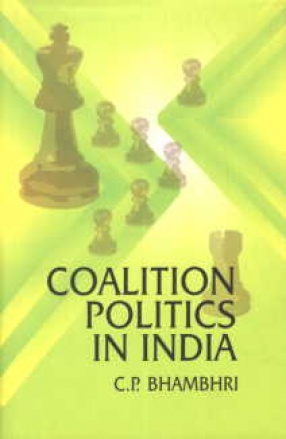
C P Bhambhri

Showing all 9 books

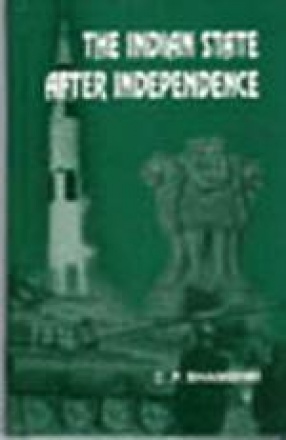


Gradual evolution of the state of independent India has been divided into three inter-related phases: the nationalist leadership during Phase I (1947-1991) had made every effort to build a modern, democratic, secular, capitalist state of India; during Phase II (1991-2014), the ruling classes had abandoned the earlier independent path of capitalist development in favour of integration with transnational finance capital and also opted for American model of ...
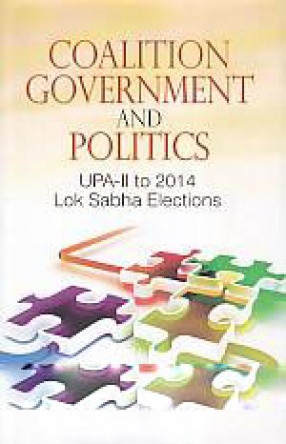
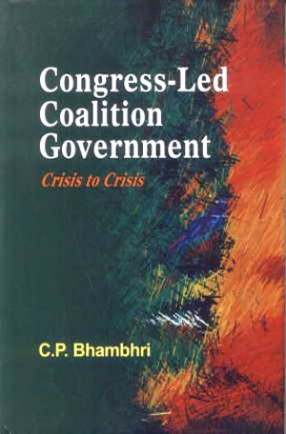
The Congress-led UPA government had actively pursued its agenda of governance from 2004 to 2009, but during its second phase, from 2009 to 2011, it seems to have lost its will to govern and has been engaged only in fire fighting. The study reveals that domestic and foreign policies of the government show its lack of direction. Explanations have been offered for the lacklustre and agendaless performance of the government. The focus is on the causes of crisis of ...



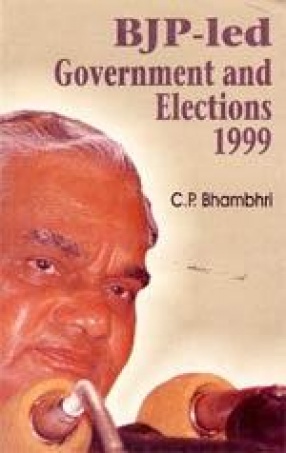
The Vajpayee-led Coalition Government took decisions which attracted global and domestic criticism. The nuclearisaion of India and the targetting of Christian minority created international and internal controversies regarding the functioning of the first BJP-led Coalition Government. Since the coalition was unstable the BJP cleverly pursued its agenda of Hindutva while public attention remained focussed on conflicts amount the coalition partners of the Central ...

The Indian State is facing many new challenges and its capacity to deal with problems of the Twenty- First century has been a special focus of our study. Every Pillar of Indian state like democracy, secularism, and sovereignty is under attack from the forces of Hindutva and global capitalism. Has the Indian State shown any capacity to defend secular democracy and national sovereignty? These issues have been examined in our study on the basis of Marxist ...
